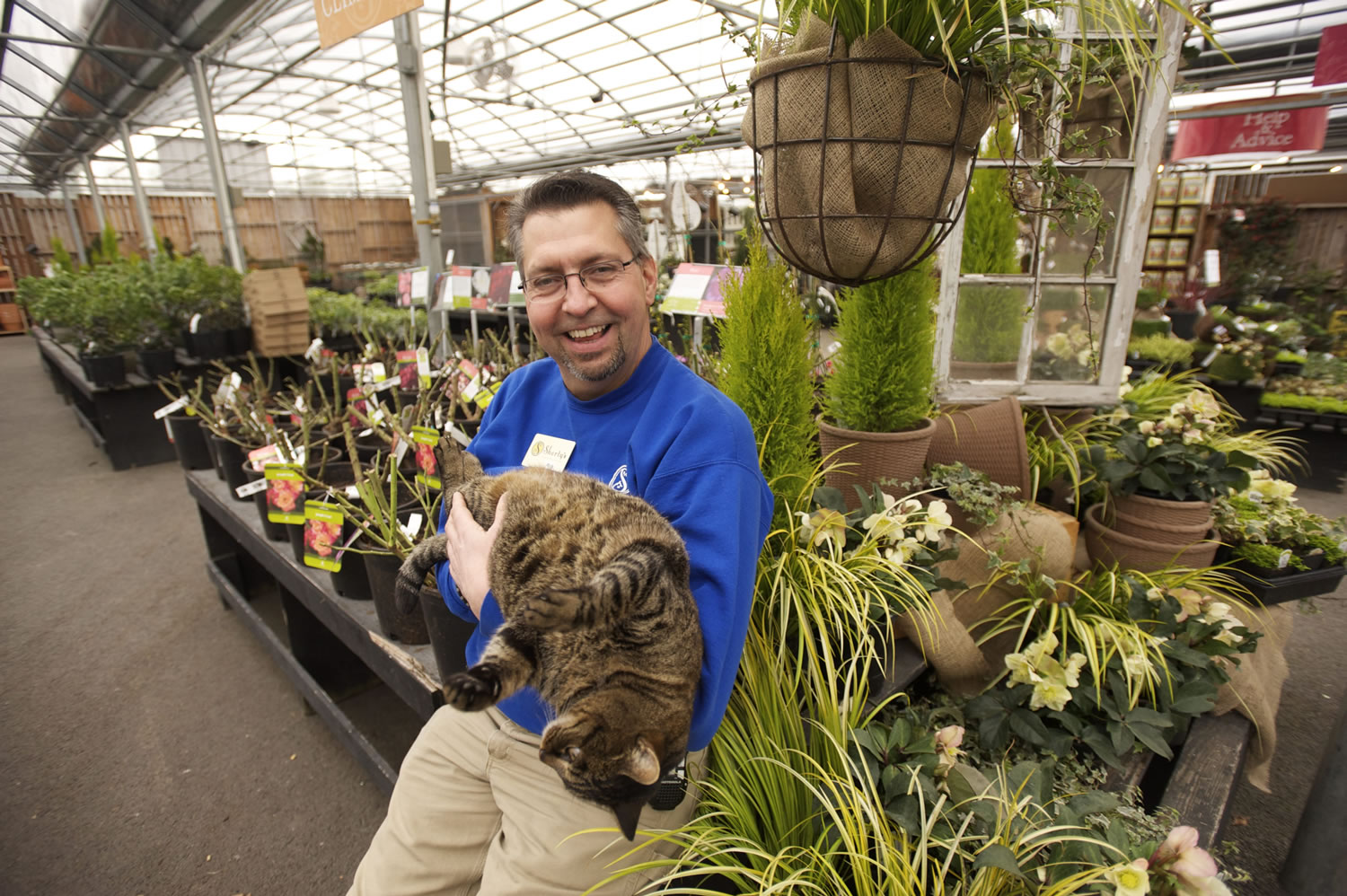11 a.m., Saturday, Feb. 2, "What To Do In The Garden: February," at Tsugawa Nursery.
11 a.m., Saturday, Feb. 9, "Inviting Mason Bees to Your Garden," at Tsugawa Nursery.
10 a.m., Saturday, Feb. 23, "Rose Seminar," by the Fort Vancouver Rose Society at Yard 'n Garden Land.
11 a.m., Saturday, Feb. 23, "Early Spring Vegetables for Your Garden," at Tsugawa Nursery.
Information at these businesses' websites: Tsugawa Nursery; Yard 'n Garden Land.
Oregon Yard, Garden and Patio Show
What: More than 300 companies with exhibits and showcases on a host of garden, yard and patio related topics.
Where: Oregon Convention Center, 777 N.E. Martin Luther King Jr. Blvd., Portland.
When: 10 a.m. to 7:30 p.m., Friday and Saturday, Feb. 8 and 9, and 10 a.m. to 5 p.m., Sunday, Feb. 10.
Cost: $12 at the door, free for kids age 12 and under.
Information: Click here.



